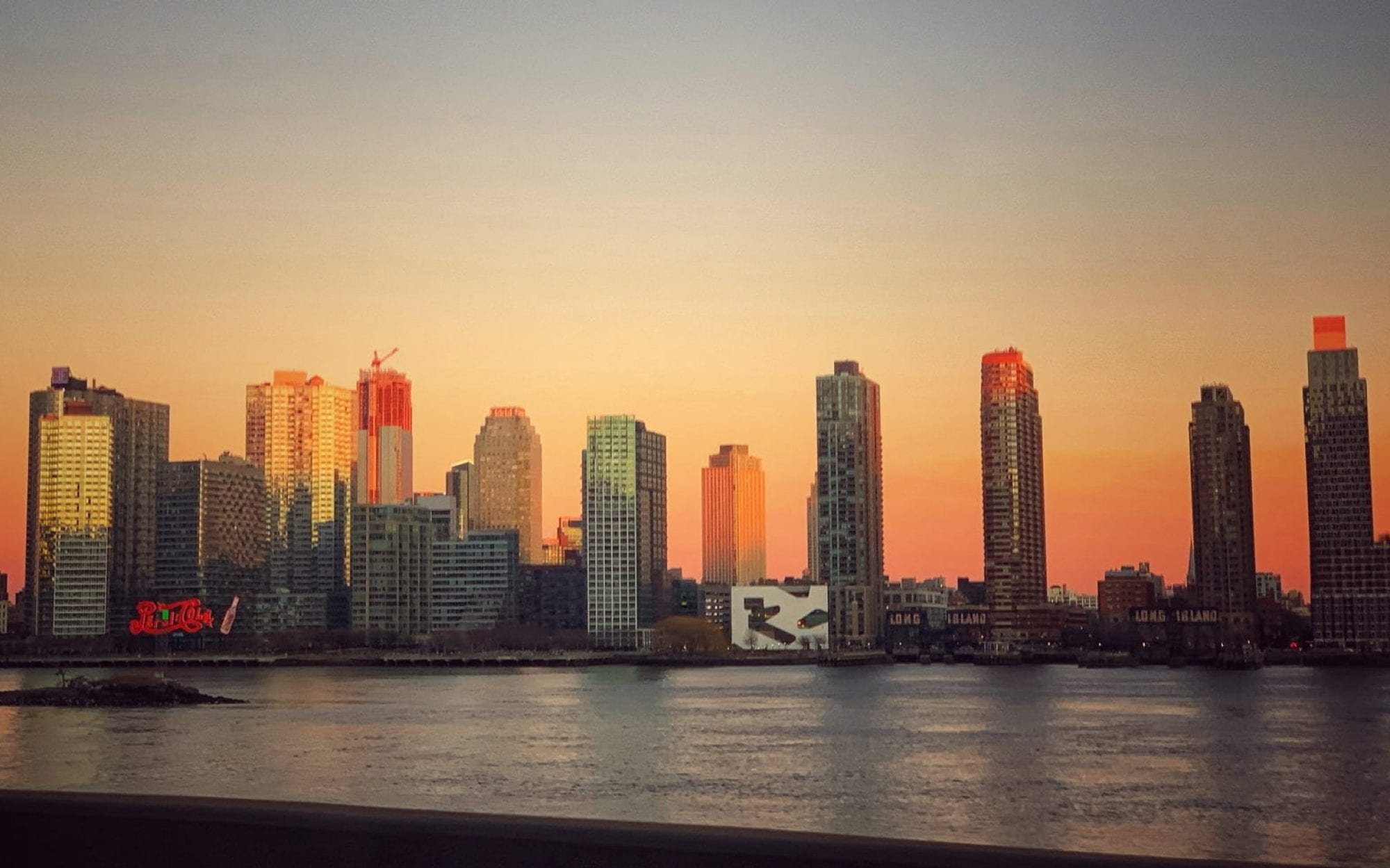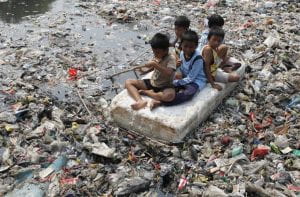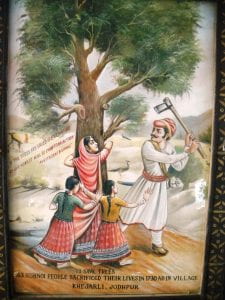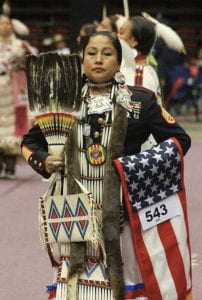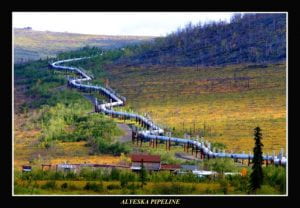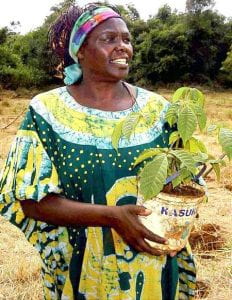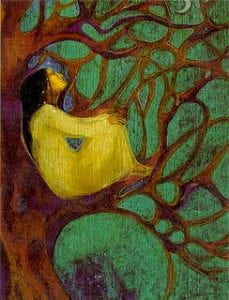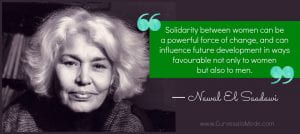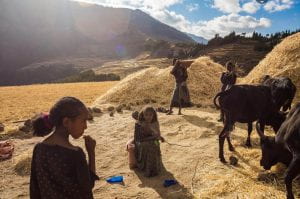 Ecofeminism is a field of study that connects feminism and ecology. One tenet of ecofeminism is vegetarian ecofeminism. It admonishes us to learn more about our impact on the environment by those who consume animal products. It also advises us of the importance of protecting the rights of all living sentient beings-their right to life. We have all heard that a plant based diet is a healthier option than a meat based diet. So many, however, are turning to the fad Keto diet for weight loss. The Keto diet is rich in animal consumption and is not sustainable. By 2050, the human population is predicted to grow to 10 billion people worldwide. As the population grows, so to does the economy, which is followed by expanding meat consumption. This creates a heavier burden on the climate. Half of the world’s grain is fed to animals. As a result, over 1.8 million hectares of the Amazon rain forest are being cut down to accommodate ranchers or to plant the grain crops which feed the livestock intended for human consumption. It’s not practical to think that we can force all people to stop eating meat. We can, however, encourage people to reduce their overall meat consumption.
Ecofeminism is a field of study that connects feminism and ecology. One tenet of ecofeminism is vegetarian ecofeminism. It admonishes us to learn more about our impact on the environment by those who consume animal products. It also advises us of the importance of protecting the rights of all living sentient beings-their right to life. We have all heard that a plant based diet is a healthier option than a meat based diet. So many, however, are turning to the fad Keto diet for weight loss. The Keto diet is rich in animal consumption and is not sustainable. By 2050, the human population is predicted to grow to 10 billion people worldwide. As the population grows, so to does the economy, which is followed by expanding meat consumption. This creates a heavier burden on the climate. Half of the world’s grain is fed to animals. As a result, over 1.8 million hectares of the Amazon rain forest are being cut down to accommodate ranchers or to plant the grain crops which feed the livestock intended for human consumption. It’s not practical to think that we can force all people to stop eating meat. We can, however, encourage people to reduce their overall meat consumption.
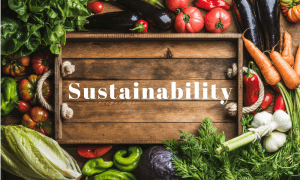 My husband and I have become more aware of our meat consumption since moving to Germany. Germany is leading Europe in Vegan options for dining and shopping. Veganz is a German vegan market that provides 100% vegan products. The owner of the market says their clientele is made up mostly of flexitarians– people who eat a reduced amount of meat. (Oxford Dictionary). In our small town of Halle in eastern Germany there are 25 vegan/vegetarian restaurants. Many other restaurants have vegan/vegetarian options on their menu. Berlin is the capital of veganism within Germany. The concept of reducing meat in one’s diet is becoming more mainstream in Germany. With Berlin leading the way, more and more people are turning to plant based diets and reducing their meat consumption considerably. As this lifestyle becomes more and more popular, the economy will find ways to profit. So, reducing our meat consumption doesn’t necessarily mean the economy will be negatively impacted. It just means will be a shift.
My husband and I have become more aware of our meat consumption since moving to Germany. Germany is leading Europe in Vegan options for dining and shopping. Veganz is a German vegan market that provides 100% vegan products. The owner of the market says their clientele is made up mostly of flexitarians– people who eat a reduced amount of meat. (Oxford Dictionary). In our small town of Halle in eastern Germany there are 25 vegan/vegetarian restaurants. Many other restaurants have vegan/vegetarian options on their menu. Berlin is the capital of veganism within Germany. The concept of reducing meat in one’s diet is becoming more mainstream in Germany. With Berlin leading the way, more and more people are turning to plant based diets and reducing their meat consumption considerably. As this lifestyle becomes more and more popular, the economy will find ways to profit. So, reducing our meat consumption doesn’t necessarily mean the economy will be negatively impacted. It just means will be a shift.
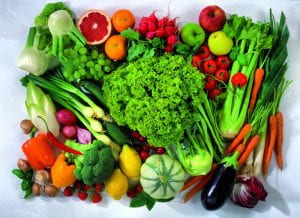 While we are stuck inside during these unprecedented times, we have to be creative with our outreach. I have a concept of creating a YouTube and Twitter campaign to encourage people to reduce their meat consumption. My idea involves getting people to make a commitment to reduce their meat intake. Creating awareness of what a diet high in meat consumption is doing to our health, and that of the animals and the planet. I will do this by providing links to documentaries, and medical journals. I intend to create a Twitter campaign to draw attention to creative vegan and vegetarian recipes. I am also creating a YouTube channel with short videos made by different people from all over the world, who will provide contents for vegan and vegetarian recipe tutorials that they create for home cooks to follow. My hope is to showcase recipes that are easy to follow, inexpensive, and taste good. Many people don’t like change, but by doing it in small steps it is possible. For example, I will ask people to commit to a single day per month, or perhaps a single day per week to go without consuming meat. My hope is to create momentum and energy with which people begin to pay attention to how much meat they consume. Perhaps this will encourage them to work toward reducing it further. Creating delicious recipes will help people who don’t know where to begin. Highlighting healthier vegan/vegetarian recipes is a good way to start.
While we are stuck inside during these unprecedented times, we have to be creative with our outreach. I have a concept of creating a YouTube and Twitter campaign to encourage people to reduce their meat consumption. My idea involves getting people to make a commitment to reduce their meat intake. Creating awareness of what a diet high in meat consumption is doing to our health, and that of the animals and the planet. I will do this by providing links to documentaries, and medical journals. I intend to create a Twitter campaign to draw attention to creative vegan and vegetarian recipes. I am also creating a YouTube channel with short videos made by different people from all over the world, who will provide contents for vegan and vegetarian recipe tutorials that they create for home cooks to follow. My hope is to showcase recipes that are easy to follow, inexpensive, and taste good. Many people don’t like change, but by doing it in small steps it is possible. For example, I will ask people to commit to a single day per month, or perhaps a single day per week to go without consuming meat. My hope is to create momentum and energy with which people begin to pay attention to how much meat they consume. Perhaps this will encourage them to work toward reducing it further. Creating delicious recipes will help people who don’t know where to begin. Highlighting healthier vegan/vegetarian recipes is a good way to start.
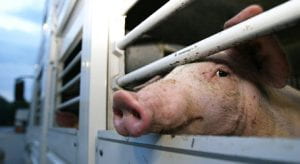
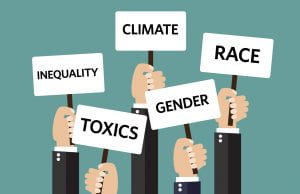 One reason activism is challenging is because people who want to make a change, often look at themselves and ask “I’m just one person, what can I do to make a difference?” Activism starts with one person, the man/woman in the mirror and grows from there. If we want to see change in the world, we have to be the change. People know the truth about the environment, but they fear change. They fear the unknown. They ask, how will a plant based diet affect the economy? Will it put people who rely on the meat industry out of work? Yes it might, if this movement went global it could be an unfortunate consequence. People are innovative and will find ways to create industry to sustain an economy founded on plant based foods instead of animals. Those who do believe in capitalism will be the first to argue that if there’s a market for something, industry and capitalism will supply it.
One reason activism is challenging is because people who want to make a change, often look at themselves and ask “I’m just one person, what can I do to make a difference?” Activism starts with one person, the man/woman in the mirror and grows from there. If we want to see change in the world, we have to be the change. People know the truth about the environment, but they fear change. They fear the unknown. They ask, how will a plant based diet affect the economy? Will it put people who rely on the meat industry out of work? Yes it might, if this movement went global it could be an unfortunate consequence. People are innovative and will find ways to create industry to sustain an economy founded on plant based foods instead of animals. Those who do believe in capitalism will be the first to argue that if there’s a market for something, industry and capitalism will supply it.
The initial steps of my campaign are awareness, education, and access.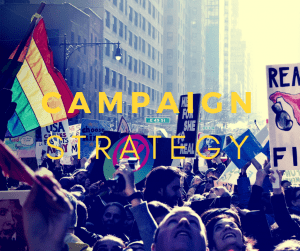
The YouTube channel is called Decrease Meat. It’s videos will help with these initial steps. The awareness will come in the form of short videos depicting damage being done to animals, the planet, and people’s healthy by consuming meat. The education will be in the form of healthy vegan/vegetarian recipe options. Through awareness and education I am hopeful that access to healthier plant based food options will be expanded. Only in a world perverted by greed would a fast food hamburger cost less than a bag full of apples.
please visit my YouTube channel for recipes, and to pledge your commitment to reducing your meat consumption. Thanks in advance for your support. https://youtu.be/Lb9Cxg7a5Vk
Sources;
